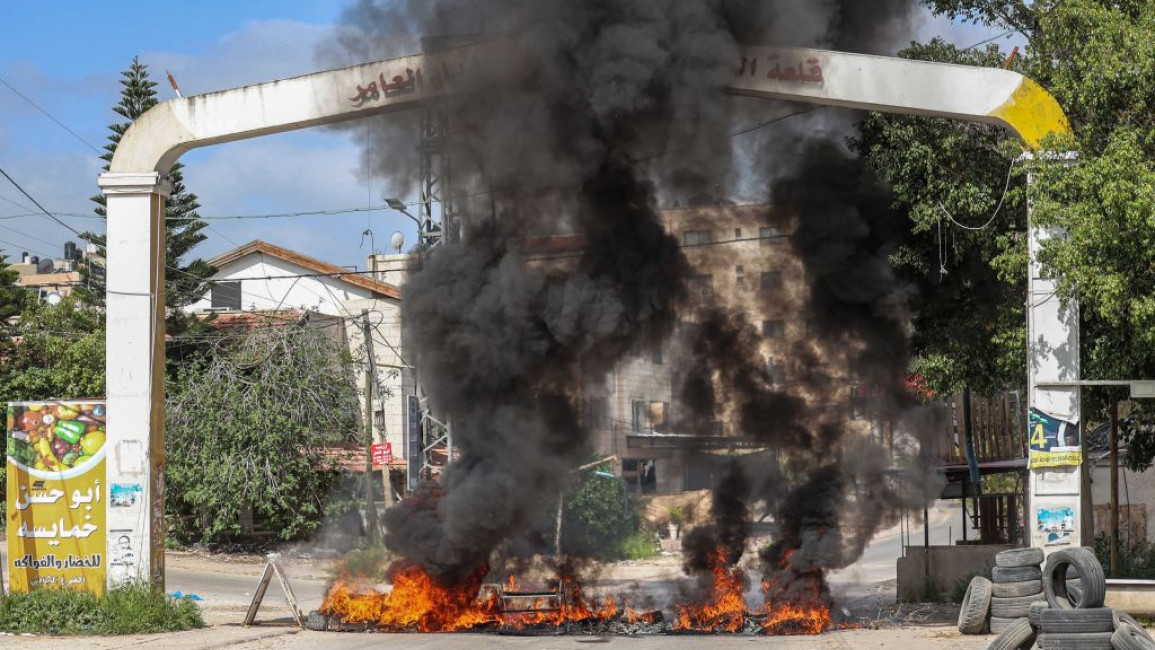Israel fears a return of remote-bombs by Palestinian armed resistance: analysts
Palestinian analysts said on Thursday that Israel fears a return of the tactic of remote bombing by Palestinians in their armed struggle against the Israeli army.
Last Monday, a car exploded in the al-Jabariyat neighbourhood in Jenin, wounding two.
The Israeli outlets claimed that a preliminary assessment by the Israeli officials and the Israeli army suggests that the bomb was linked to a remote-control trigger and was unintentionally set off.
Speaking to The New Arab, analysts based in the occupied West-Bank analysts retorted that "it is normal for the Palestinians to create or adopt various tools to defend themselves against Israeli crimes."
The analysts stressed that Israel bears "full responsibility for the escalation in the West Bank" and "ferments the violence through committing more and more of the violations against Palestinians."
Palestinian armed groups and individuals began using car bombs and other relatively recently. The first attack of this type by Palestinians was carried out in 1989 and steeply declined in use by 2008, according to Palestinian and Israeli official sources.
The Israelis were the first to use car bombs in the region, with various Zionist armed militias utilising them significantly between 1947 and 1949, killing and injuring hundreds of people.
Sources told TNA that the highest rate of remote bomb attacks by Palestinians occurred in 2002 during the Second Intifada.
"The attacks were carried out by Hamas, Islamic Jihad and the Popular Front for the Liberation of Palestine (PFLP) movements, the source added.
"The policy of remotely rigged cars will return to the fore once again in the conflict with Israel, especially in light of the occupation's provocative and criminal policy against the Palestinians," Adel Samara, a Ramallah-based political analyst, said to The New Arab.
"We are facing a new generation who do not believe in peace with Israel, a country that forced this generation to grow up under endless crimes as the Israel army raids to arrest and kill relatives without consequence," Samara added.
Samara opines that Israel can change the outcome by stopping its violations against the Palestinians and abiding by the international agreements with the Palestinians without adopting further controversial decisions such as expanding settlement expansion in the occupied Palestinian territories.
Since the beginning of this year, at least 43 Palestinians have been killed by Israel in the occupied West Bank, including nine minors and an elderly woman, according to the Palestinian health ministry.
"Not a day passes without new victims killed by the Israeli army," Abdul Majeed Abu Sowailem, a Ramallah-based political analyst, said to TNA.
"Violence will generate more violence and criminality will generate more resistance. The only one responsible for the deterioration in the Palestinian territories is Israel and its fascist extremist government," Abu Sowailem added.



